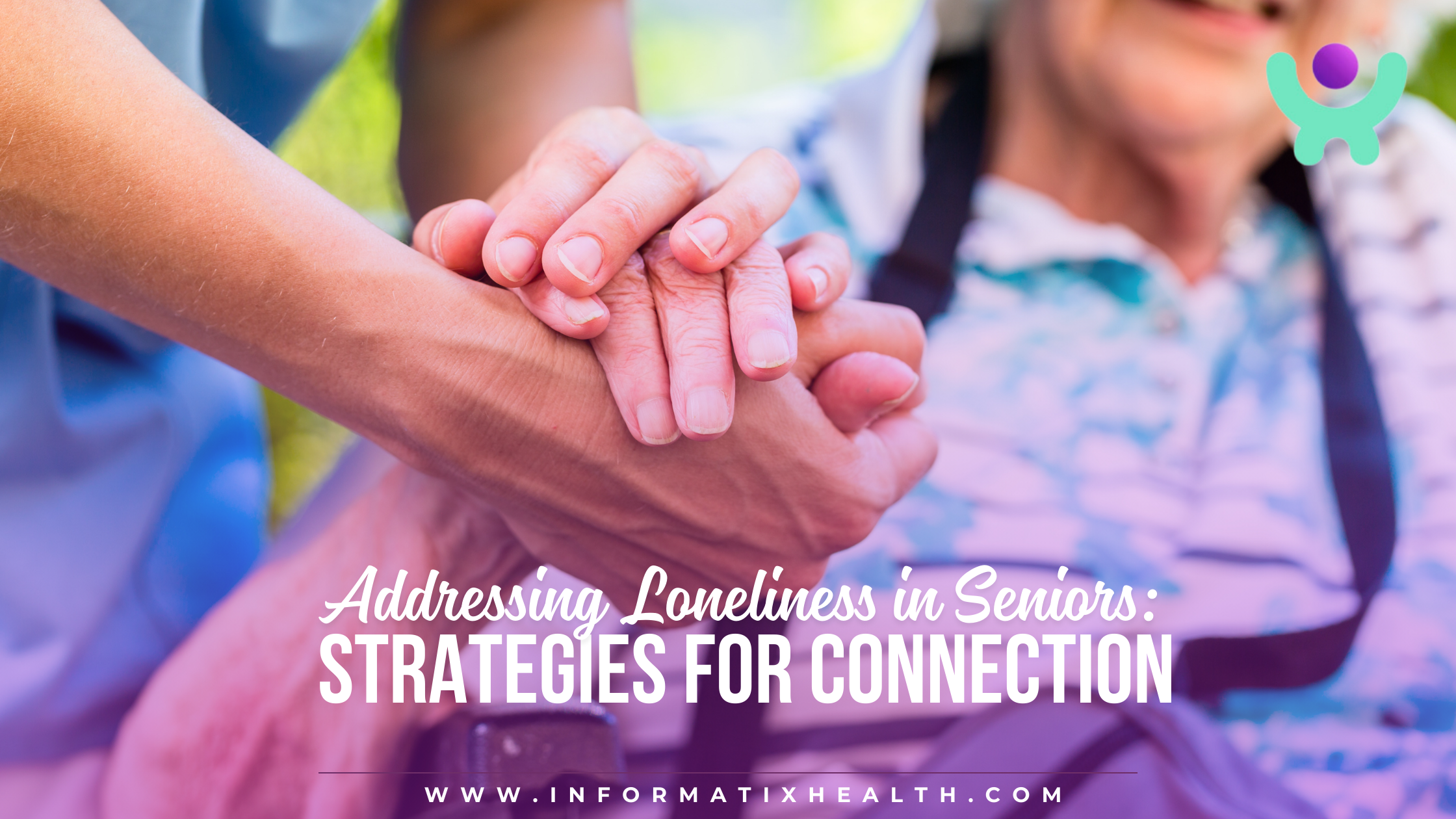Loneliness among seniors is a significant issue that can lead to various health problems, including depression, anxiety, and cognitive decline. As individuals age, they may experience loss of loved ones, retirement, and decreased mobility, all of which can contribute to feelings of isolation. Addressing loneliness in seniors requires a multifaceted approach that fosters connection and community. Here are several effective strategies:
1. Encourage Social Engagement
Promoting social activities is crucial in combating loneliness. Community centers, libraries, and senior centers often host events such as:
- Game Nights: Organizing board games or card games where seniors can gather and interact.
- Art Classes: Facilitating painting or crafting sessions that encourage creativity and conversation.
- Exercise Groups: Classes like yoga or walking clubs can help seniors stay active while meeting new people.
2. Utilize Technology
Technology can be a powerful tool for reducing loneliness. Teaching seniors how to use smartphones, tablets, and computers can help them connect with family and friends through:
- Video Calls: Platforms like Zoom or Skype allow seniors to see and talk to loved ones, bridging the distance.
- Social Media: Creating accounts on Facebook or Instagram can help them stay updated on family events and connect with peers.
- Online Communities: Websites such as Meetup offer opportunities for seniors to join interest-based groups.
3. Foster Intergenerational Connections
Bringing seniors and younger generations together can be mutually beneficial. Initiatives that promote intergenerational interactions include:
- Mentorship Programs: Seniors can share their knowledge and experiences with younger individuals, creating meaningful relationships.
- Community Service Projects: Joint efforts, such as gardening or volunteering, can foster teamwork and camaraderie between age groups.
4. Support Groups and Counseling
For seniors dealing with the loss of a loved one or significant life changes, support groups can provide a safe space to share their feelings. Counseling services can also help address underlying issues contributing to loneliness.
- Grief Support Groups: These groups allow seniors to connect with others experiencing similar losses.
- Therapeutic Counseling: Professional help can assist seniors in coping with feelings of loneliness and depression.
5. Promote Volunteer Opportunities
Encouraging seniors to volunteer can provide a sense of purpose and belonging. Volunteering can lead to new friendships and a stronger community connection.
- Food Banks: Many seniors can help by sorting food or distributing meals to those in need.
- Animal Shelters: Volunteering at shelters can provide companionship and a sense of fulfillment.
Compassionate Home Care to Combat Senior Loneliness
Loneliness can impact a senior’s well-being, but compassionate in-home care can make all the difference. At Informatix Health, we provide personalized companionship, assistance, and support to help seniors stay socially engaged and live fulfilling lives.
Let’s create meaningful connections together! Contact us today to learn how our caregivers can provide companionship and support for your loved one in Massachusetts.


